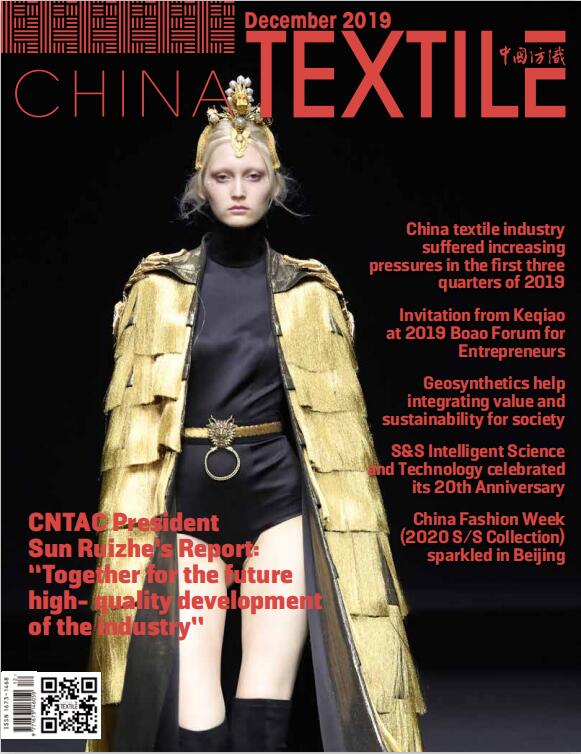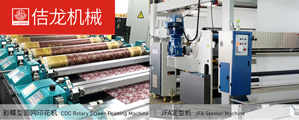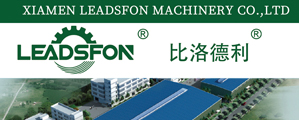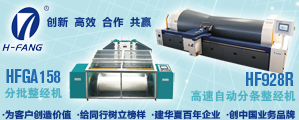German textile machinery sector showcases technologies under the banner ¡°Experience Leading Technology¡±
Oct¡¡23, 2025 £ü by
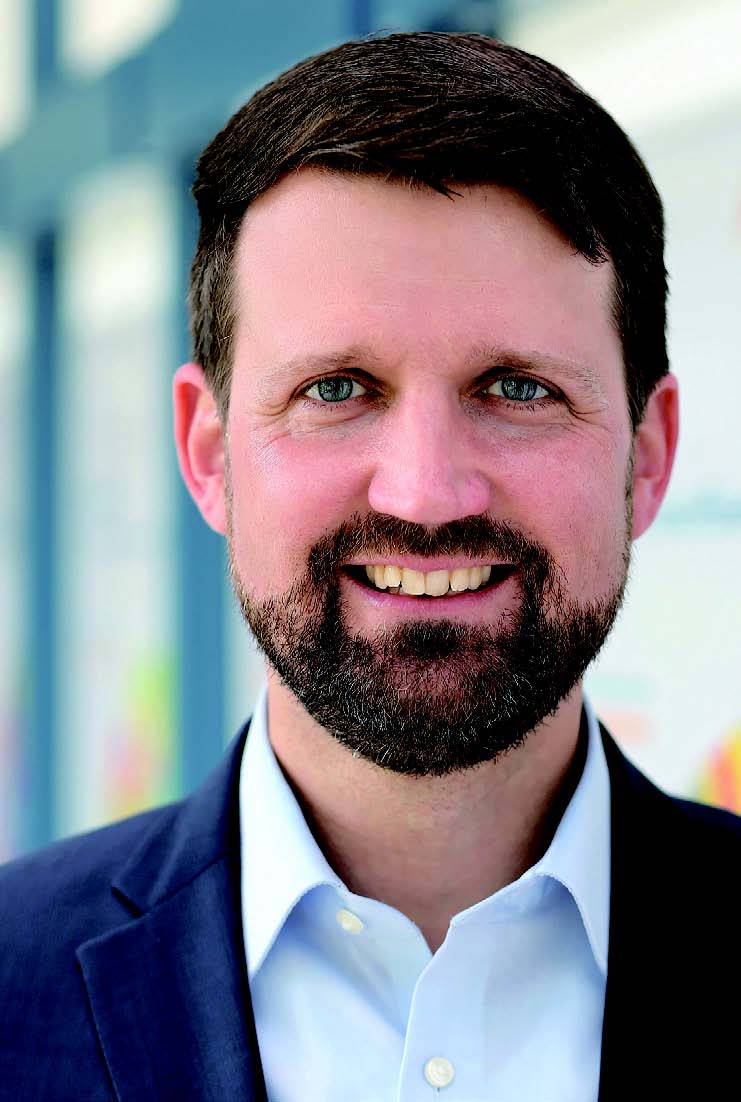
Interview with Dr. Harald Weber, Managing Director, VDMA Textile Machinery Association
In the first half of 2025, the global textile machinery market continued to face significant headwinds, including economic slowdown, persistent inflation, and dampened consumer sentiment. According to Dr. Harald Weber, Managing Director of the VDMA Textile Machinery Association, German exports of textile machinery and accessories saw a year-on-year decrease of approximately 9% between January and May. This trend was not unique to Germany, as exports from all European countries also declined amid ongoing geopolitical tensions and unpredictable trade policies.
Despite these challenges, the incoming orders are bottoming out, potentially signaling the beginning of an industry recovery. However, the protectionist policies have contributed to a cautious investment climate worldwide. And the protectionism is not limited to the U.S., with subsidies and other unfair advantages for domestic companies distorting competition in multiple regions. Now, trade barriers are the most pressing challenge for the global textile industry, urging manufacturers to reduce strategic dependencies to mitigate risks.
At the upcoming ITMA ASIA 2025 in Singapore, more than 80 German companies will showcase their technologies with the slogan ¡°Experience Leading Technology.¡± Exhibits will span nearly all segments of textile machinery, with a strong emphasis on spinning, man-made fibers, nonwovens, weaving, braiding, knitting, warp knitting, finishing, dyeing, and textile recycling. VDMA will also host German Pavilion in the finishing and spinning sectors.
In fact, VDMA members are eager to demonstrate innovations aimed at enhancing both product quality and sustainable production. Asian manufacturers, in particular, are increasingly seeking technologies that reduce costs while supporting environmental goals¡ªa demand German machinery builders are well-equipped to meet.
In Southeast Asia, where Chinese machinery dominates the market, German exports still play a significant role. In 2024, VDMA member companies exported over €80 million worth of equipment to the region, covering the entire textile value chain. Nevertheless, very few German companies have established production facilities in ASEAN, with only one accessory manufacturer currently operating in Vietnam.
In order to attract Generation Z talent, one should highlight the industry¡¯s modern applications¡ªsuch as technical textiles for renewable energy and aerospace¡ª rather than its traditional image. As the industry navigates a complex global landscape, German textile machinery manufacturers remain committed to driving innovation, efficiency, and sustainability, reinforcing their role as key partners in the evolving textile market.


